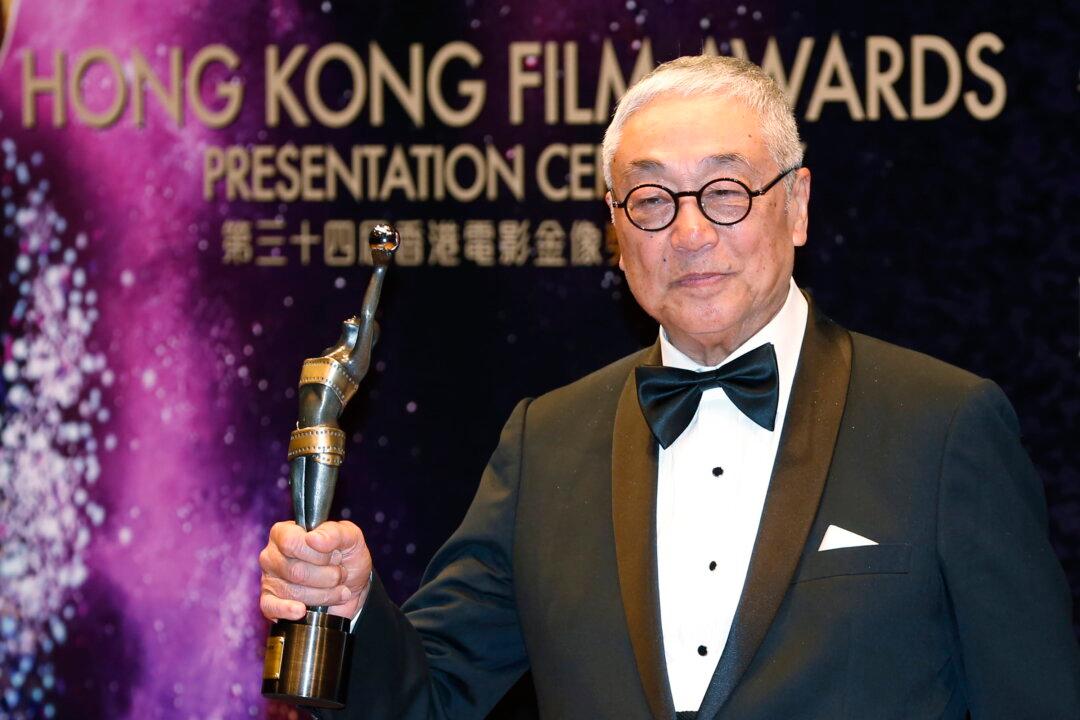Popular film and TV actor Kenneth Tsang was found dead on April 27, while quarantined in a Hong Kong hotel. Upon receiving word of Tsang’s passing, author Chip Tsao released a statement commemorating the artist and criticizing Hong Kong’s strict COVID quarantine as “stupid and inhumane.”
Two days prior to Tsang’s death, the 87-year-old returned to Hong Kong after vacationing in Singapore and Malaysia. Per the government’s COVID-19 policies, Tsang was required to quarantine for seven days at the Kowloon Hotel in Tsim Sha Tsui. After arriving, Tsang notified family members that he was experiencing heartburn and asked them to deliver his medications for hypertension. Because the family was not allowed to visit Tsang, the medications could only be handed to the hotel’s front desk.





